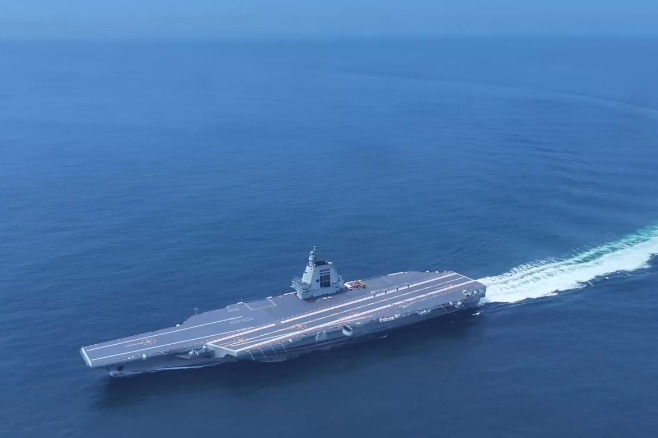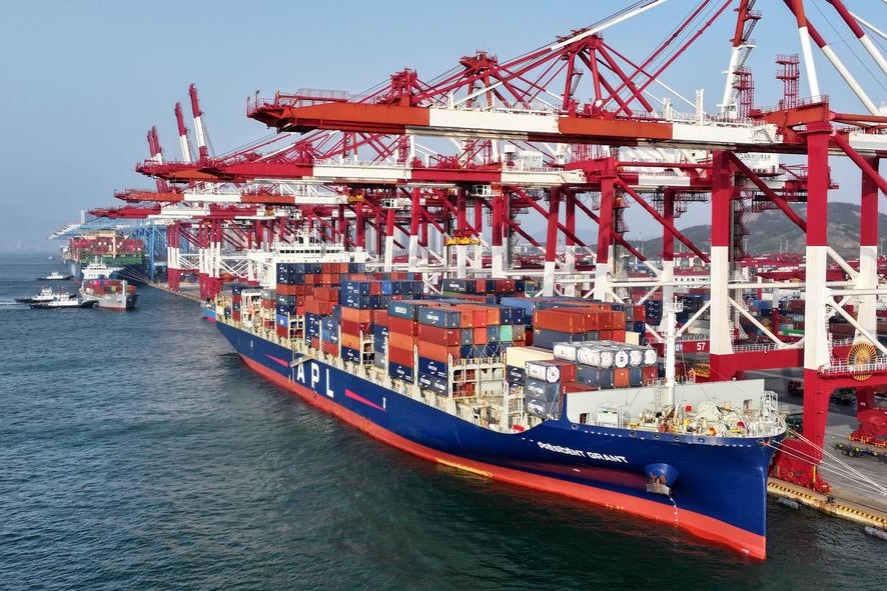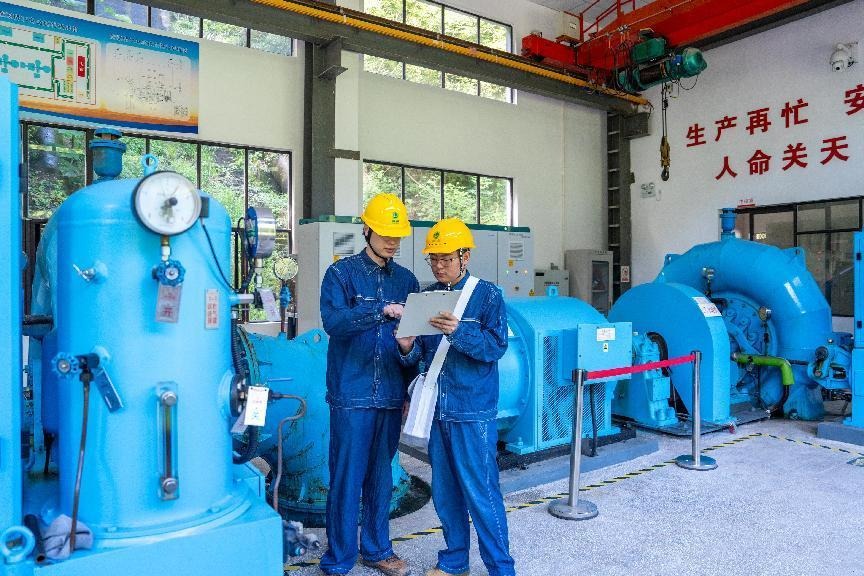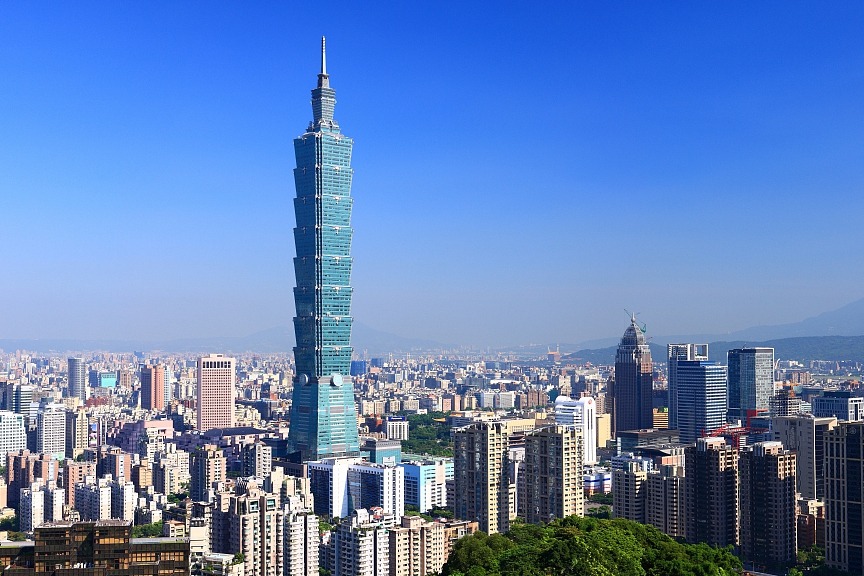A world transformed explored in new book

Bertie Ahern, former Prime Minister of Ireland
Pursuing shared benefits through cooperation and consultation is a fundamental principle. The global governance system must be built by all countries. No country should pursue selfish interest or seek unilateral dominance. It is important to increase the voice and representation of developing countries, ensure that countries enjoy rights and opportunities while being bound by rules on an equal footing, and different countries, classes and groups can share the dividends of global governance.
Safeguarding international rules and order is the cornerstone. Relations among countries and their interests should only be regulated by mechanisms and rules. Sovereign equality, non-interference in domestic affairs, peaceful settlement of disputes and other basic norms of international relations should be respected. All must oppose hegemonism and power politics, reject unilateral sanctions and long-arm jurisdiction, and jointly uphold international fairness and justice.
Commitment to openness and connectivity is the right direction. To address deficiencies in global economic governance requires discarding all forms of protectionism, safeguarding the WTO-centered multilateral trading system, increasing trade and investment liberalization and facilitation, and enhancing openness and connectivity for mutual benefits.
Forging a sense of a community with a shared future provides the right guidance forward. Countries must discard ideological biases, and transcend ethnic and cultural differences, uphold the values of peace, development, equity, justice, democracy and freedom shared by all of us, and jointly look after our home planet and make it better.
Alenka Suhadolnik, Slovenia's Ambassador to China
In the long flow of history, there has always been a competition between rising and established powers. The pandemic has additionally accentuated the existing frictions and created the new ones - and the right balance among existing and emerging historical drivers has yet to be found.
The strategic choices that the US, China, the European Union and others make will shape the evolving global order. Ideally, this competition would take place within an agreed multilateral framework of rules and norms similar to those that govern UN and the WTO. It is natural for powers to compete. However, it is their capacity for cooperation that is the true test of statecraft.
Liu Wei, president of Renmin University of China
Currently, COVID-19 is still ravaging through the world, imposing huge impacts on the world's political and economic layouts. Meanwhile, China is standing at a new starting point for building a modernized socialist nation, so we are in dire need for the insights and wisdom from world-class think tank scholars, including Türk, on how to understand a world transformed, as well as China in this new era.
Yue Yanghua, secretary general of Silk Road Think Tank Association
Türk has been adhering to the multilateral stance. Based on this, he has comprehensively taken into consideration the factors such as global elements, regional issues, as well as appeals of countries and different peoples, and thus made prospective studies of world development trends. He shared his insights about how to deal with risks and challenges, providing pragmatic suggestions for China and the world in terms of sharing prosperity and security. Türk's words are really touching as they reflect a strong spirit of internationalism and humanistic feelings.
We are facing unprecedented global changes, which bring brand new common opportunities of development for humanity as well as fresh uncertainties and instabilities. People like Türk are urgently needed on the right side of history to explore a brighter tomorrow for a community with a shared future for mankind.


































